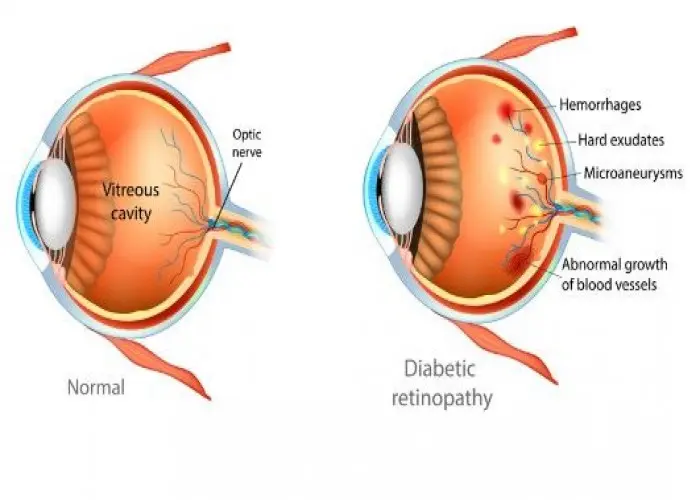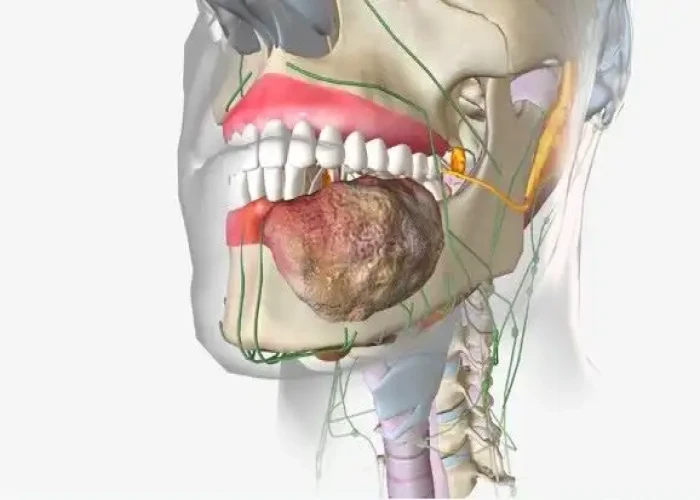 Welcome
Welcome
“May all be happy, may all be healed, may all be at peace and may no one ever suffer."
Colon polyps

Colon polyps are growths that occur on the inner lining of the colon or rectum. They are usually benign (non-cancerous), but some types of polyps can develop into cancer over time if they are not removed.
Polyps can range in size from tiny to several centimeters and can be either flat or have a stalk. They may cause no symptoms, or they may cause rectal bleeding, abdominal pain, or changes in bowel habits.
The exact cause of colon polyps is not known, but they are believed to be related to a combination of genetic and environmental factors. Some risk factors for colon polyps include a personal or family history of polyps or colon cancer, inflammatory bowel disease, smoking, and obesity.
Diagnosis of colon polyps typically involves a colonoscopy, which is a procedure in which a long, flexible tube with a camera is inserted into the rectum to examine the colon and rectum for abnormalities. During the colonoscopy, any polyps found can be removed or biopsied for further examination.
Treatment for colon polyps depends on the size and type of polyp, as well as the individual's medical history and other risk factors. Small polyps may be removed during a colonoscopy, while larger or high-risk polyps may require surgery.
Prevention of colon polyps and colon cancer involves maintaining a healthy lifestyle, including eating a balanced diet, exercising regularly, and avoiding tobacco and excessive alcohol consumption. Regular screening, starting at age 50 or earlier for those with a family history or other risk factors, is also important for early detection and treatment.
Research Papers
Disease Signs and Symptoms
- Rectal bleeding
- Abdomen pain
- Low red blood cells (Anemia)
- Blood in stool
Disease Causes
Colon polyps
Healthy cells grow and divide in an orderly way. Mutations in certain genes can cause cells to continue dividing even when new cells aren't needed. In the colon and rectum, this unregulated growth can cause polyps to form. Polyps can develop anywhere in your large intestine.
There are two main categories of polyps, nonneoplastic and neoplastic. Nonneoplastic polyps include hyperplastic polyps, inflammatory polyps and hamartomatous polyps. Nonneoplastic polyps typically do not become cancerous.
Neoplastic polyps include adenomas and serrated types. These polyps have the potential to become cancer if given enough time to grow. Most of these colon polyps are called adenomas. Serrated polyps may also become cancerous, depending on their size and location in the colon. In general, the larger a polyp, the greater the risk of cancer, especially with neoplastic polyps.
Disease Prevents
Colon polyps
You can greatly reduce your risk of colon polyps and colorectal cancer by having regular screenings. Certain lifestyle changes also can help:
- Adopt healthy habits. Include plenty of fruits, vegetables and whole grains in your diet and reduce your fat intake. Limit alcohol consumption and quit all tobacco use. Stay physically active and maintain a healthy body weight.
- Talk to your doctor about calcium and vitamin D. Studies have shown that increasing your consumption of calcium may help prevent recurrence of colon adenomas. But it isn't clear whether calcium has any protective benefits against colon cancer. Other studies have shown that vitamin D may have a protective effect against colorectal cancer.
- Consider your options if you're at high risk. If you have a family history of colon polyps, consider having genetic counseling. If you've been diagnosed with a hereditary disorder that causes colon polyps, you'll need regular colonoscopies starting in young adulthood.
Disease Treatments
Disease Diagnoses
Disease Allopathic Generics
Disease Ayurvedic Generics
Disease Homeopathic Generics
Disease yoga
Colon polyps and Learn More about Diseases

Molluscum contagiosum

Diabetic retinopathy

Small vessel disease

Swollen lymph nodes

Krabbe disease

Proctitis

Soft palate cancer

Panic attacks and panic disorder
Colon polyps, Hyperplastic polyp, Rectal polyp, কোলন পলিপস
To be happy, beautiful, healthy, wealthy, hale and long-lived stay with DM3S.
